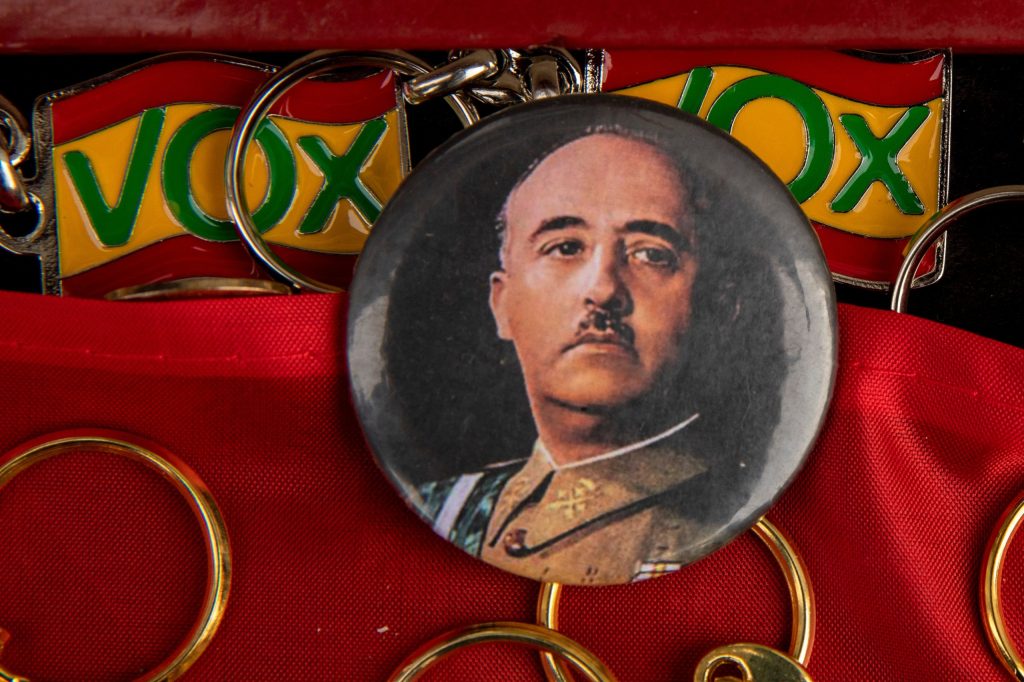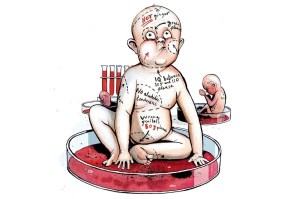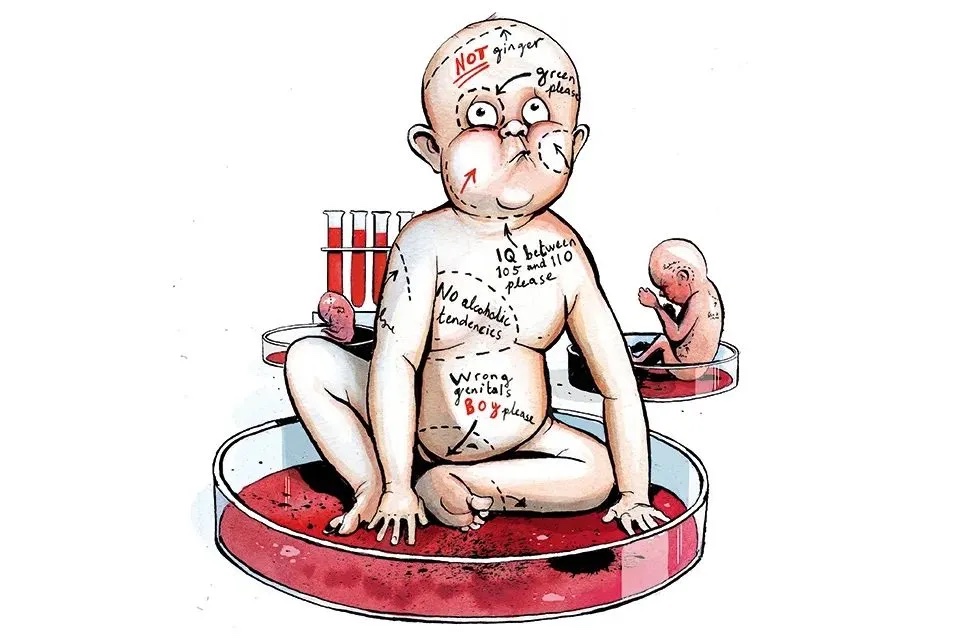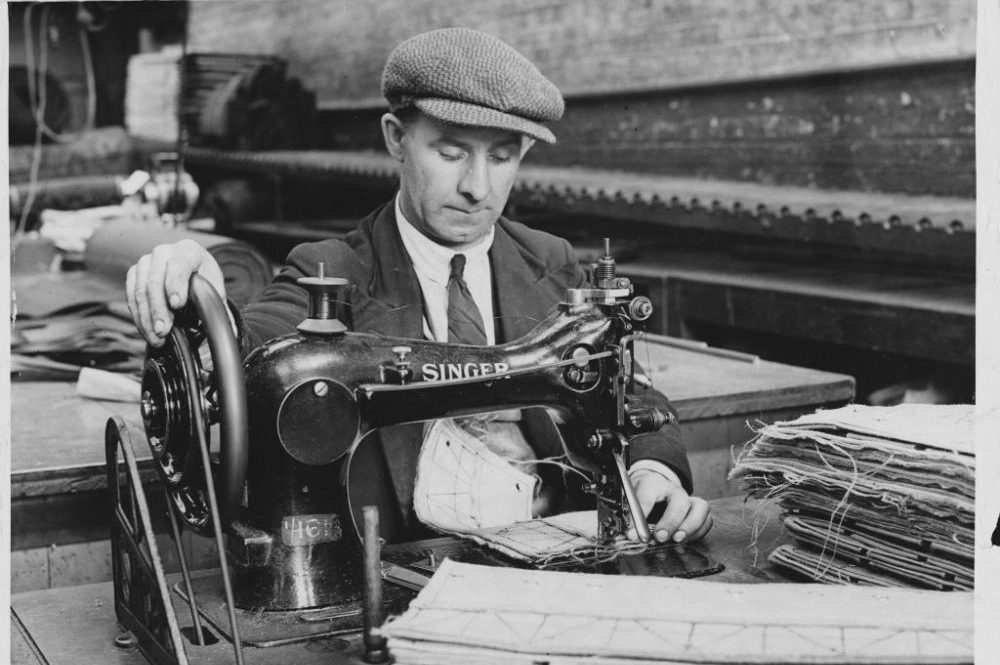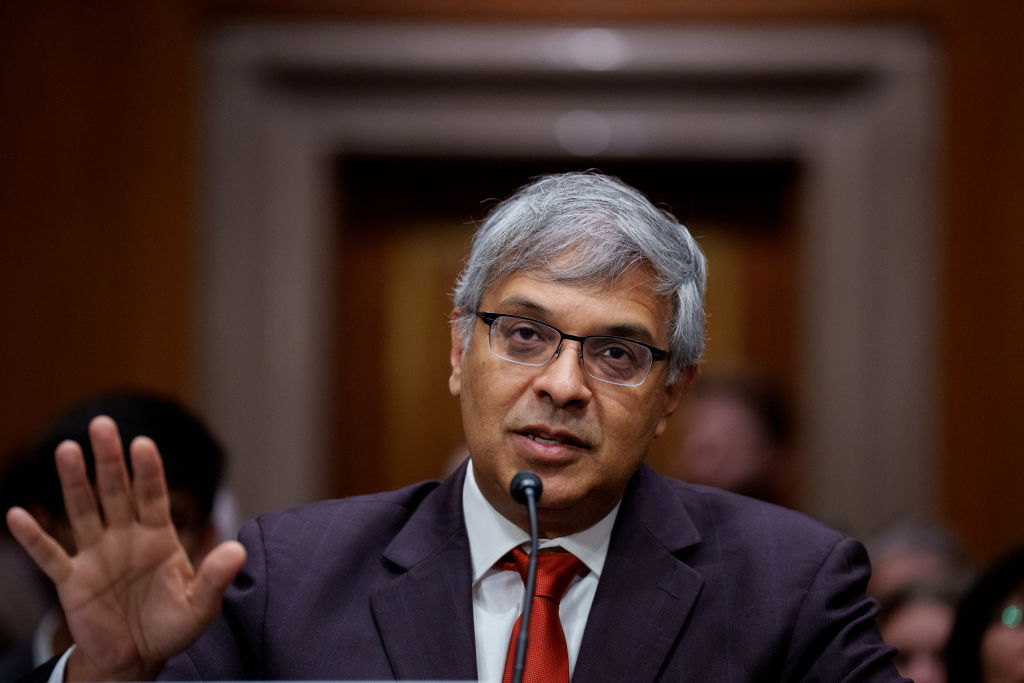‘Those who cannot remember the past are condemned to repeat it.’ Philosopher George Santayana’s dictum is starting to look more relevant than ever in Spain, the country of his birth.
The political temperature in Madrid has risen sharply in recent weeks and the language politicians are using has become unmistakably bellicose. The casual observer might almost be forgiven for wondering momentarily if we’re back in 1936, with politicians limbering up for a rerun of Spain’s civil war.
The opposition has accused the left-wing government of using COVID restrictions as ‘a political weapon’ and of enforcing the Madrid lockdown ‘at gunpoint’. Political parties criticize each other for retreating to their respective ‘bunkers’ and launching attacks from ‘their trenches’. One observer regretted that now ‘pistols rather than arguments’ are being used to make points. Fortunately, he was referring only to a single make-believe gun: a politician had used her thumb and index finger in the shape of a pistol, punctuating her speech to parliament by making shooting gestures at her opponents.
It’s not just the health crisis that is causing tension. A year after its controversial exhumation of Franco’s remains from their place of honor, Spain’s minority left-wing coalition government is now proposing to outlaw any celebration of his dictatorship. They also want to change the history syllabus so that schoolchildren will finally learn ‘the truth’ about the civil war and Franco’s rule.
Nothing could be more likely to inflame passions — there is still no consensus in Spain about what that truth is. Those on the left point out that Franco’s military insurgency overthrew the legitimate, democratically elected government and have suggested that certain victims of his regime (or their descendants) be compensated. But for some in Vox, a key player and the most right-wing party on the Spanish political spectrum, Franco was Spain’s savior and argue that there should be restitution for the 500 tonnes of gold that the Republic hastily shipped out to its ally the Soviet Union in 1936 when the civil war began.
Nor is the civil war the only matter for historical dispute. Some 192 people died in the Madrid bombings of 2004. The right-wing Partido Popular’s attempt to blame Basque terrorists backfired when it became apparent that al-Qaeda was responsible. In the general elections three days later the socialists swept to power. Despite the forensic evidence incriminating al-Qaeda, Partido Popular supporters clung to conspiracy theories for years, implying that the subsequent election result was somehow illegitimate.
These conflicting narratives and alternative histories abound. In 2018 another Partido Popular government fell from power when a judgment in a corruption case triggered a no-confidence motion. Today party members continue to suggest that their party was the victim rather than the culprit and that the no-confidence was in some way unwarranted.
Although the Partido Popular’s recent vote against a motion of no confidence in the current left-wing government has been greeted as a positive sign, it’s likely that normal, uncooperative service will soon be resumed. Recently the Partido Popular refused to join cross-party discussions if members of Podemos, the radical junior partner in the left-wing coalition government, are present. Pedro Sánchez, the prime minister, countered by accusing the Partido Popular of an obstructionism which damages democracy.
These and other disputes are unlikely to be reconciled by civilized discussion. During television debates, political opponents often interrupt each other so that sometimes several people are shouting at the same time. If strict turn-taking is enforced, viewers are treated to self-regarding monologues that make no attempt to engage with alternative views. Vicious insults are traded during slanging matches that pass for parliamentary debate.
[special_offer]
Even so, a comparison with the situation in 1936 does not stand up to serious scrutiny. Spain is far more stable now. An army insurgency is unthinkable, and a large, peaceful middle class has replaced the desperate anarchists of 1936.
But if we’re not back in 1936, are we back in 1931? That was when his growing unpopularity forced King Alfonso XIII into exile. Now though the monarchy remains in place, ex-King Juan Carlos has left the country for similar reasons. Perhaps more significantly, just as in 1931, a fragile coalition government faces a brutal economic crisis, rising poverty, Catalan separatism, and an increasingly uncooperative opposition. And this time there’s also a pandemic to contend with.
One thing’s for certain: things are very different from 1978 when politicians agreed to bury their differences and create a democracy. Those days of concord and constructive dialogue are long gone: nowadays the politicians speak over each other and past each other — but not to each other.
This article was originally published onThe Spectator’s UK website.



